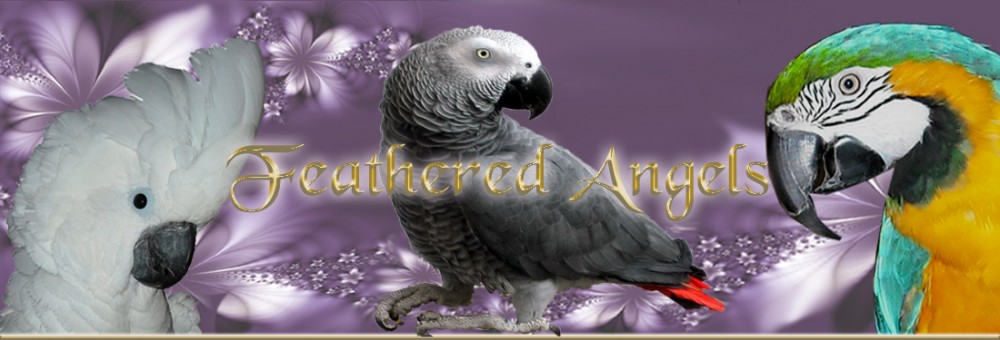The drive to procreate is the strongest instinctual process in these animals. There is just no denying it. Not all cockatoos in the wild will be able to become parents because nature is often stacked against that happening. In our homes, however, when it’s a good home, the reproductive chain can be a very stressful and disorienting time for these birds. It is not just a “sexual event”, it is a “reproductive process” that goes from mate selection to chick rearing and anything that interferes, anywhere along that process, can be very traumatic for the bird.
In the wild, conditions that lead to successful breeding may not happen very often. In that case, the bird has other things to worry about and do. There are five conditions that lead to increased hormone production that drives breeding behavior. As care takers, we need to be very aware not to stimulate these birds accidentally or through ignorance. Many times, just by understanding what is required will allow us to change OUR behavior or the bird’s environment in such a way as to minimize reproductive hormone production and it’s associated behaviors. The five requirements are:
- A mate or perceived mate – Is that you? If so, you need to move your behavior with your bird to establish a sibling, playmate, or trainer relationship. Be active with the bird but the bird does not have to be on you. Cockatoos love to play and take to training very well.
- Copulation – Do you put your hands under your birds wings? Do you pet your bird with full body strokes? Do you let your bird sit on you while you watch TV? Do you cover your bird with towels or blankets? These are all behaviors to avoid. Wild cockatoos never make bodily contact with other cockatoos except to mate. You can never mate with a cockatoo so don’t lead the cockatoo to believe you can!
- Nest – Once again, no blankets, towels, dark, small spaces. These are all part of nest building and should be discouraged. Nest boxes should never be allowed with pet birds.
- Long daylight hours – Do you let your bird stay up late under the lights with you? Wrong. Cockatoos are wired to sleep when the sun goes down and wake up with the sun. In nature, when days start to become long it is a harbinger of spring, a signal that food and water will be more plentiful, a very good time to raise chicks! Put your bird to bed at sunset. In the long days of summer, you can also provide a dark room for sleep and put them down an hour or two before sunset.
- Abundant food – In nature, cockatoos spend most early morning and evening hours flying to and foraging for food. There are probably more times than not when food is not as abundant as they would like. They have to work for it! In our homes, not only is the food abundant but much of it is fatty and sugary. It has been proven that these rich foods can increase hormone levels by 10 times normal levels. We need to provide a natural and varied diet with an abundance of greens and vegetables to minimize this effect.
I say “in nature” and refer to “wild cockatoos” quite often but, the fact is, most of our hand reared parrots are only a couple of generations removed from the wild. It will take many many more years for that change away from natural instinct to happen. Will it ever change? I doubt it. Nature is delicate and precise, when man tampers with the process the outcome is usually not good.
All cockatoos have an age that they reach “maturity” and this varies from 2-3 years for the small ones and 6-8 years for the big ones. If one disregards the information above and does things all wrong, much younger birds will begin to “feel” hormone production and suffer for it. These birds are confused and not understanding why things are happening or not happening. One will have the best chance by avoiding the five triggers above. You are not in the business of breeding cockatoos, this is your pet and companion, make his or her life all it can be by learning and applying “the facts of life”.
Charles King
Mytoos.com
